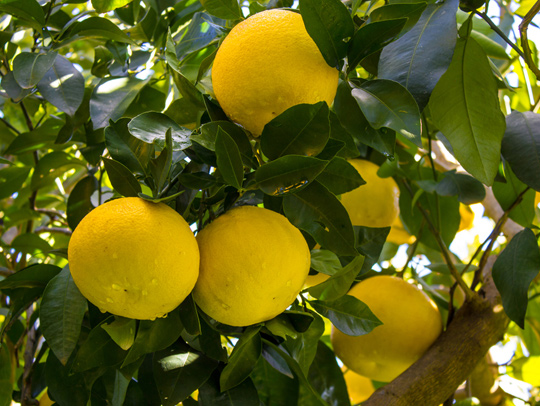Why the US Food System Needs Agroecology
July 12, 2024 | 1 min to read
Agroecology, a multifaceted approach promoting sustainability in the global food system, is gaining traction in the U.S., according to a Dartmouth-led commentary in Nature Food. Lead author Theresa Ong emphasizes its focus on achieving both ecological and social goals without compromising one for the other, unlike traditional methods like organic and regenerative agriculture. Agroecology seeks to preserve biodiversity and support farmer livelihoods while ensuring culturally relevant food systems for local communities.

Agroecology—a science, practice, and movement that seeks social, political, economic, and environmental sustainability in the global food system—is gaining momentum in the U.S., according to a new Dartmouth-led commentary in Nature Food. As the co-authors report, the approach requires coordination among scientists, farmers, and activists.
“When it comes to sustainable food and agriculture, people in the U.S. tend to be more familiar with organic farming, the production of food without synthetic inputs, and regenerative agriculture, which primarily strives to restore soil health,” says lead author Theresa Ong, an assistant professor of environmental studies at Dartmouth.
“Agroecology is different, as it strives to achieve both ecological and social sustainability of food systems without sacrificing one for the other. We cannot save biodiversity and ecosystem integrity without also preserving farmer livelihoods and ensuring that the food systems we create provide food that is culturally relevant to local communities, and not simply meeting a calorie quota,” says Ong.
To read the rest of the story, please go to: Phys.org
